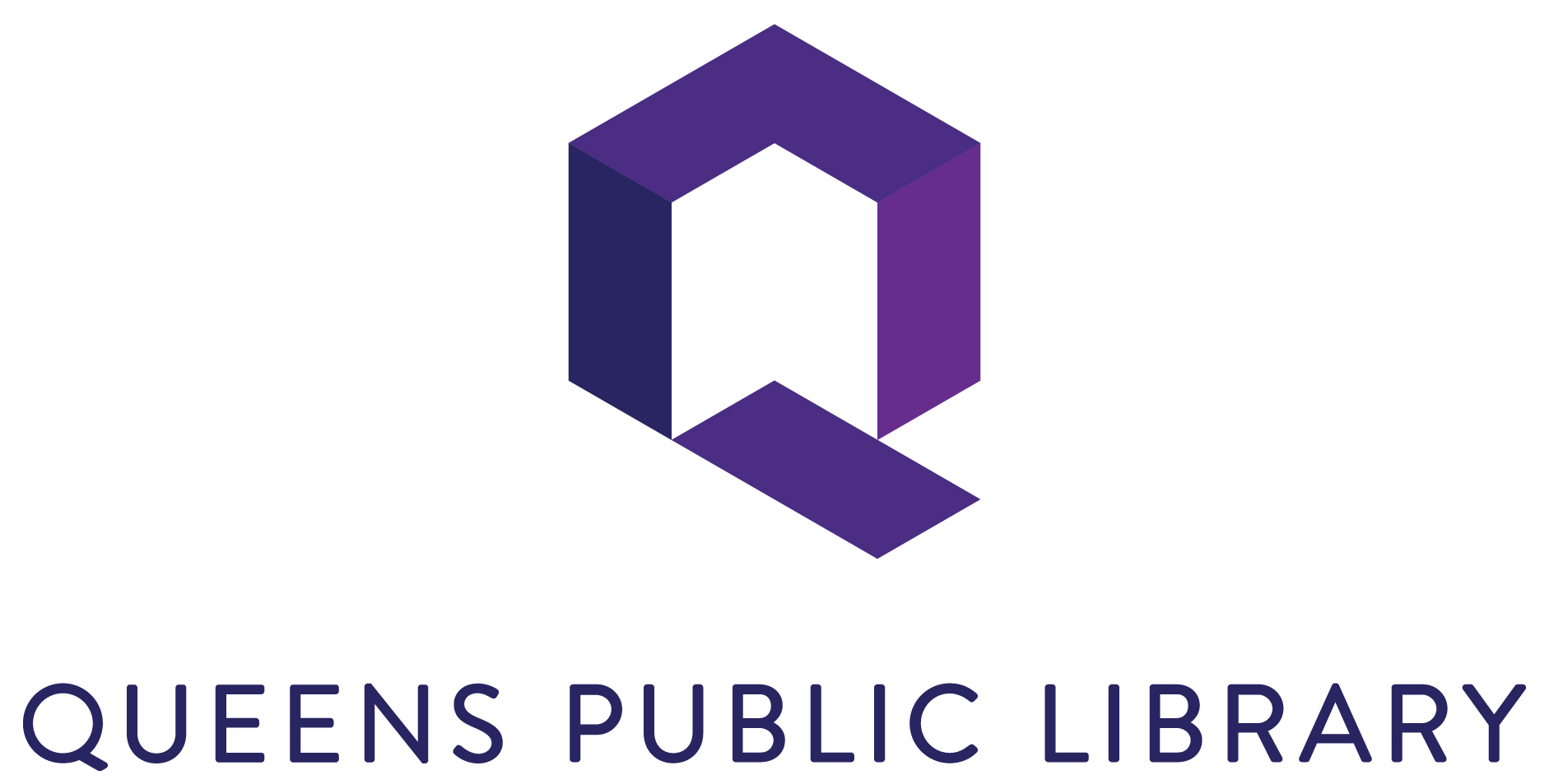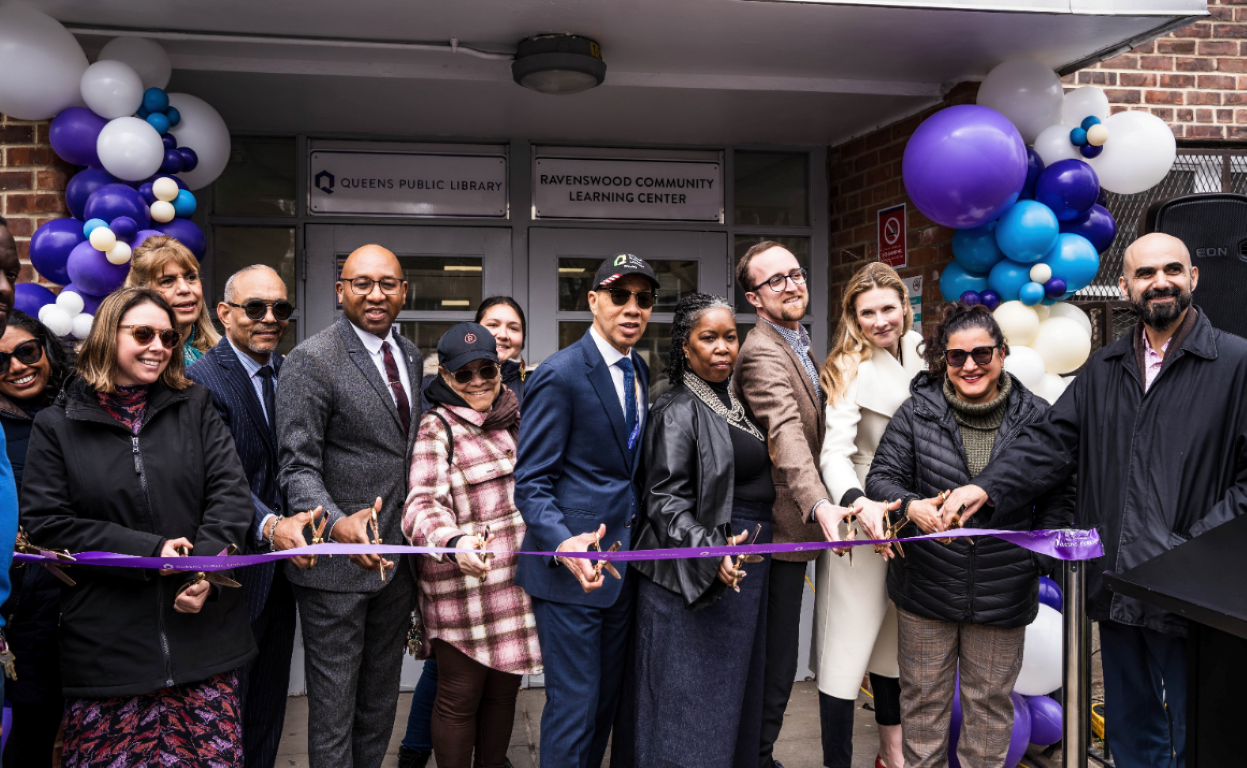April 24, 2024—The presidents of New York City’s three library systems (Brooklyn Public Library, The New York Public Library, and Queens Public Library) issued the following statement today.
“We are deeply disappointed that the FY25 executive budget failed to reverse devastating cuts proposed for public libraries in January. New Yorkers rely on the vital services we provide, and data shows library usage is continuing to climb in key metrics—including visits and program participation. The $58.3M in cuts that libraries are facing, if enacted, threaten to upend much of the progress we’ve made over the past few years, and will severely impact vulnerable communities who need our services the most. We’ve already lost seven-day service city-wide, and are looking at most branches being open for only five days a week should these cuts go through.
Libraries are among the most trusted institutions, and make New York City stronger. We will continue working with the Administration and the Council to fully restore funding so we can continue providing the level of service our patrons want and need.”
In March 2024, the presidents testified at the City Council about the impacts that the FY25 budget cuts would have on libraries.
Citywide, those budget impacts to libraries include:
- The majority of NYC libraries would only open for five days a week – down from the current standard in which all are open for at least six days a week. Universal six-day service has been the standard since 2015 after New Yorkers launched a campaign to restore it.
- The continued elimination of seven-day service citywide, with most branches remaining closed on Sundays. Seven-day service was eliminated following a mid-year city budget cut to libraries in November.
- Delayed reopenings of renovated branches, many in historically marginalized communities. The cuts and proposed funding reductions mean we cannot afford to staff these branches.
- Further reducing spending on library materials, programming, and building maintenance and repairs.
- Delays and cost overruns for numerous ongoing capital projects, many of which have already been initiated.










